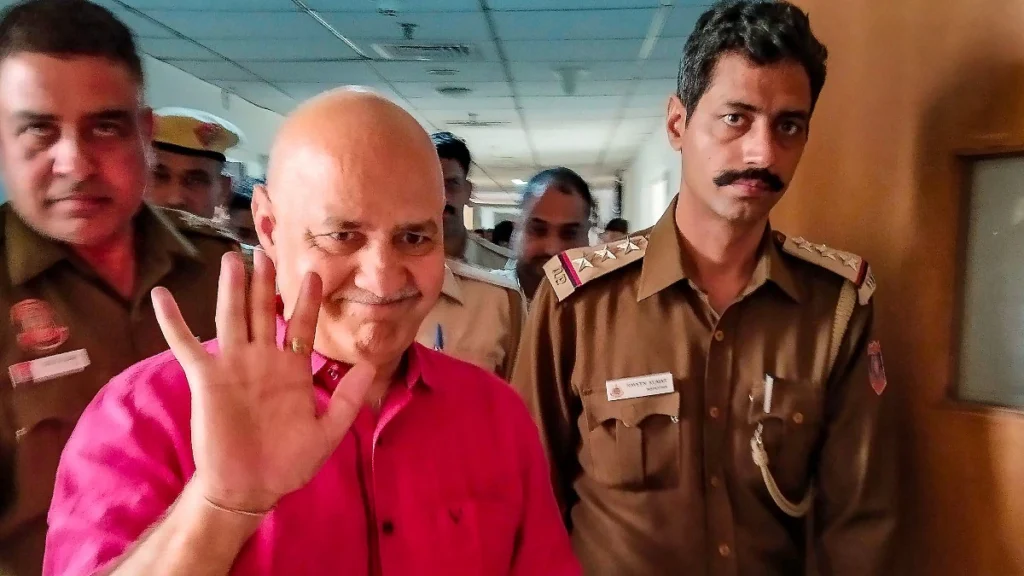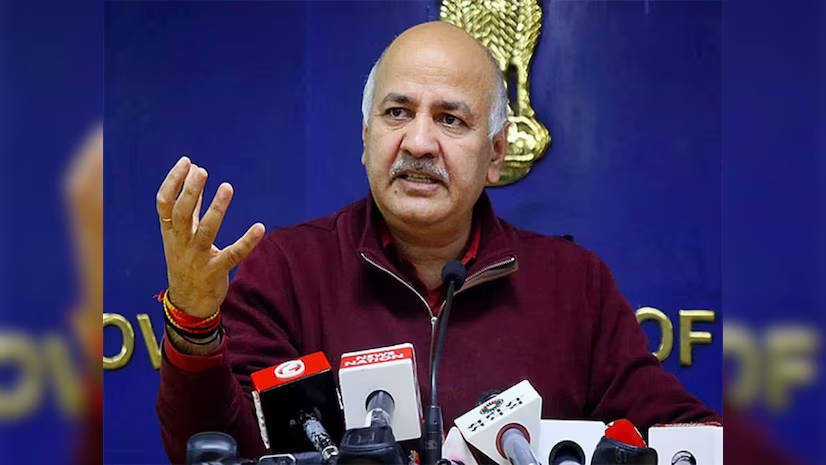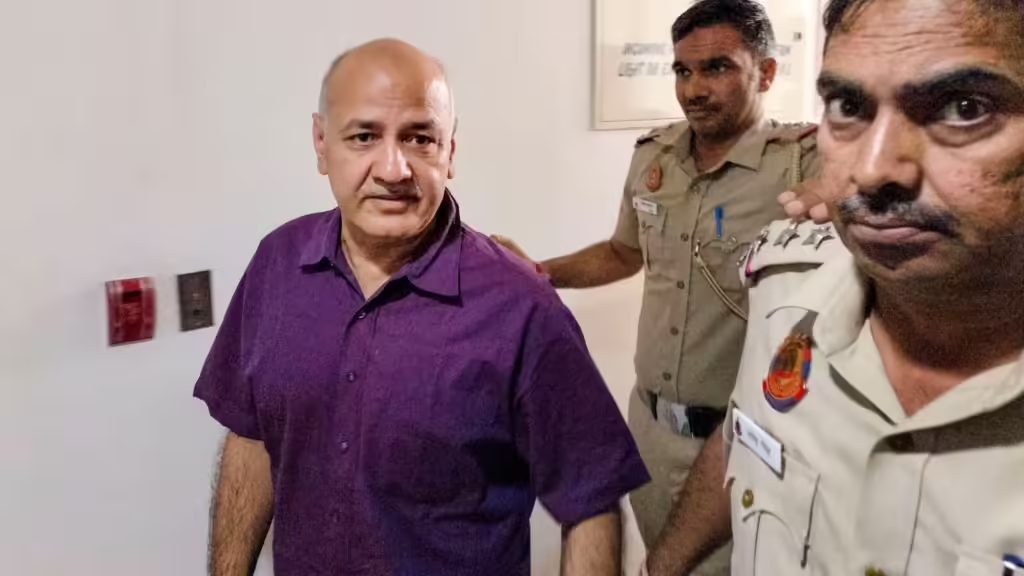Key Facts
Manish Sisodia, after 17 months in jail, former Delhi Deputy Chief Minister has been granted bail by the Supreme Court in the much-debated Delhi excise policy case. The case, which has drawn significant attention, involves allegations of corruption and misuse of power. The Supreme Court’s decision has been pivotal, as it not only provides temporary relief to Sisodia but also sheds light on the complexities of the Indian judicial system.

Background of the Delhi Excise Policy Case
The roots of the case trace back to July 2022, when Delhi’s Lieutenant Governor, VK Saxena, filed a complaint alleging irregularities in the Delhi excise policy. The complaint suggested that the policy, which was implemented for the year 2021-22, was designed to favor certain licensees unduly. Sisodia, who was the architect of the policy, was accused of making key decisions without the approval of the competent authorities. The case took a serious turn when the Central Bureau of Investigation (CBI) and the Enforcement Directorate (ED) arrested Sisodia in early 2023 on charges of corruption and money laundering.
Supreme Court’s Ruling and Bail Conditions
On August 9, 2024, the Supreme Court, in a significant ruling, granted Manish Sisodia bail, citing the prolonged nature of the trial as a key reason. The bench, comprising Justices BR Gavai and KV Viswanathan, noted that it would be a “travesty of justice” to keep Sisodia in jail while the trial was likely to take years to conclude. The court ordered Sisodia to furnish a bail bond of ₹10 lakh, along with two sureties, and imposed several conditions to ensure that he does not interfere with the ongoing investigation.
Among the conditions, Sisodia was required to surrender his passport, report to the Investigating Officer twice a week, and refrain from visiting the Delhi secretariat or the Chief Minister’s office. The court emphasized that Sisodia must not attempt to influence witnesses or tamper with evidence, ensuring the integrity of the legal process.

Previous Legal Battles and Sisodia’s Plea
This is not the first time Sisodia sought bail. After his arrest in February 2023, Sisodia approached the courts multiple times. His first two bail pleas were rejected by the Delhi High Court, and his subsequent appeal to the Supreme Court in October 2023 also met with disappointment. However, the court had left a window open for Sisodia to seek bail again if the trial did not progress at a reasonable pace.
When the trial failed to commence within the stipulated time, Sisodia filed a fresh bail application in June 2024. The court, recognizing the validity of Sisodia’s arguments, granted bail on the grounds of undue delay in the trial process. The ruling marks a significant development in the case, highlighting the importance of timely judicial proceedings.
Allegations Against Manish Sisodia
Manish Sisodia faces serious charges under both the Prevention of Corruption Act, 1988, and the Prevention of Money Laundering Act, 2002 (PMLA). The CBI and ED have accused him of accepting bribes and using kickbacks from the excise policy to fund the Aam Aadmi Party’s 2022 Punjab election campaign. These allegations have been at the center of the legal battle, with Sisodia vehemently denying any wrongdoing.
The PMLA, under which Sisodia has been charged, has stringent bail conditions, requiring the accused to prove their innocence at the prima facie level. The complexity of the case, combined with the high-profile nature of the accused, has made this one of the most closely watched legal battles in recent times.

The Supreme Court’s decision to grant Manish Sisodia bail after 17 months of incarceration is a landmark moment in the ongoing Delhi excise policy case. While the bail provides temporary relief, the legal battle is far from over. As the trial progresses, the focus will remain on the integrity of the judicial process and the implications of the case on Delhi’s political landscape. Sisodia’s release from jail is just one chapter in a much larger story, with the final verdict still to be determined.
To get the latest news update click here
